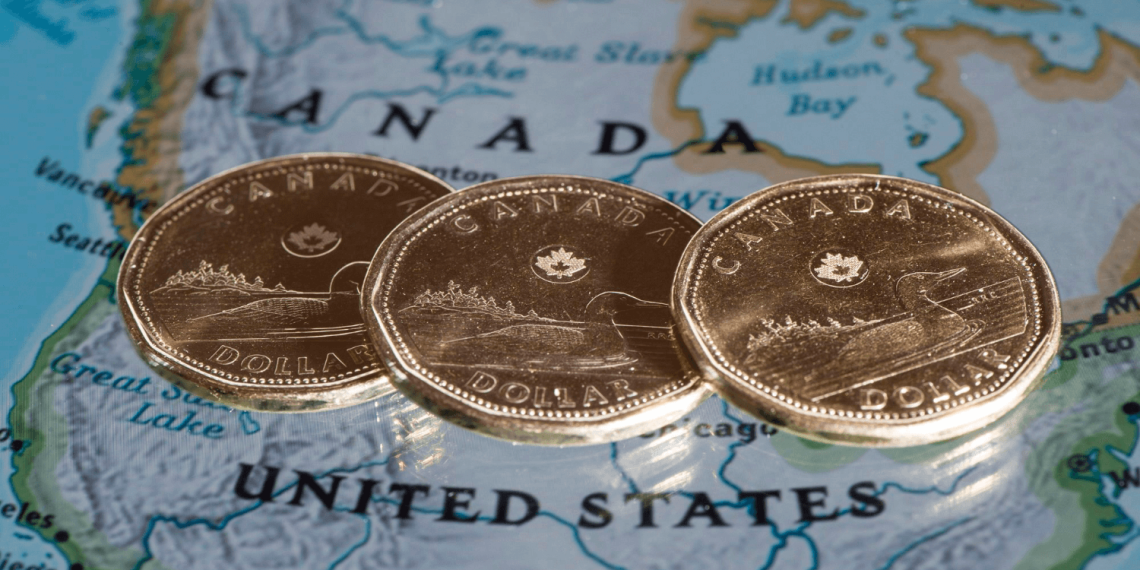Amongst these guarantees are massive tariffs on imported items, particularly from China, in addition to decrease tax charges and lighter regulation.
Trump has promised that with him as president, “inflation will vanish fully.” However some have raised concern that his financial insurance policies might truly put upward stress on inflation, and in flip, gradual the tempo of rate of interest cuts anticipated from the U.S. Federal Reserve.
How enacting tariffs might have an effect on inflation within the U.S.
“Custom tells us that that enhance in tariffs will enhance inflation within the U.S.,” mentioned Sheila Block, an economist with the Canadian Centre for Coverage Alternate options.
Increased inflation would imply the U.S. Federal Reserve might be slower to chop rates of interest, and markets are already shifting their bets on how low the central financial institution is more likely to go on charges.
“In case you’re enacting tariffs and urgent arduous on the accelerator and creating job shortages and shortage and wage inflation by working the economic system sizzling, then the Fed gained’t essentially have as a lot license to chop charges as quickly or as deeply as they might in any other case,” mentioned Brian Madden, chief funding officer with First Avenue Funding Counsel.
The U.S. central financial institution minimize its key fee as anticipated on Thursday by 1 / 4 of a proportion level, reducing its benchmark in a single day rate of interest to the 4.5% to 4.75% vary.
Economists at Goldman Sachs have estimated that the proposed 10% tariff, in addition to proposed taxes on Chinese language imports and autos from Mexico, might imply inflation rises close to 3% by mid-2026.
Following the election, markets began to cost in a barely increased “impartial fee” for the Fed, in keeping with a TD Economics report Wednesday. Meaning markets imagine the central financial institution will halt its reducing cycle at the next fee than beforehand anticipated.









